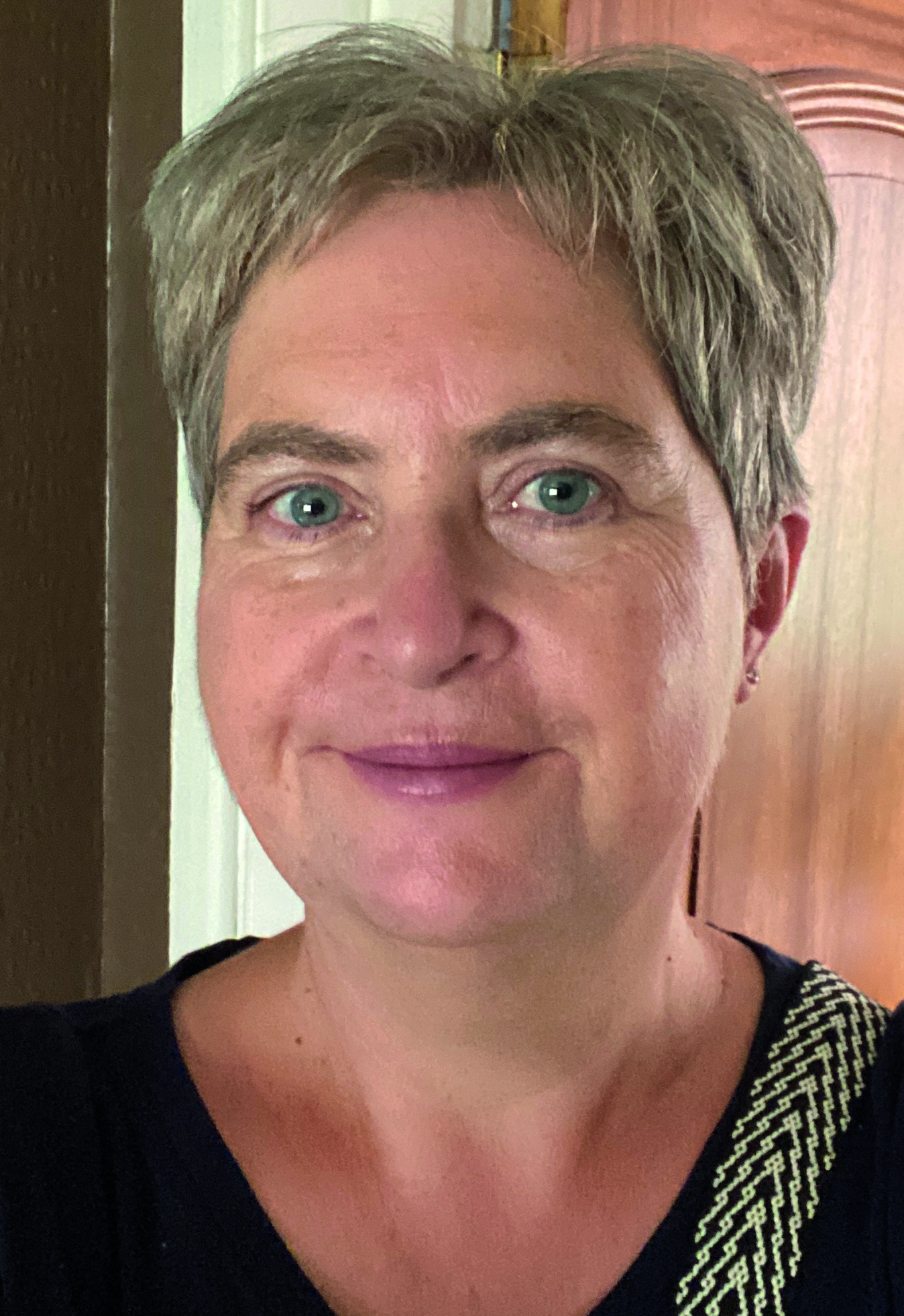
Q. A parent has requested that we do not allow their child to take part in sand or messy play because they are worried their child may get ill. I told them that it is an important part of our continuous provision, but they’re still not happy. What do other leaders do in these situations?
Claire Morgan, manager, Little Bear's, Wanstead Village
‘We had this same scenario less than a week ago. The main points I said to the parent was that the benefits of messy play in terms of learning far outweigh the risk of illness. Messy play helps all areas of development, including cognitive development, early mark-making and writing skills, personal, social and emotional skills and communication. They are learning all sorts of new words from interacting with the practitioners and through messy play. These are experiences that are seldom provided at home. If you put it like that, the parent may understand their child will miss a wealth of learning.
‘I also referred the parent to our health and safety policy, so they understood that all our activities are risk-assessed. We provide clean equipment and resources. For example, in sand play, it is fresh sand, so that minimises the risk of cross-contamination. All the resources are cleaned with Milton sterilising fluid, which is safe for children.
‘It is also important to explain to children the importance of inclusion. We make sure that, no matter what a child's ability, they can play with everything.
‘The parent understood where we were coming from.’
 Kierna Corr, head of Windmill Nursery at Windmill Integrated Primary School, Dungannon
Kierna Corr, head of Windmill Nursery at Windmill Integrated Primary School, Dungannon
‘I would begin by asking the parent where their concerns were coming from. You have to recognise they’re not just being awkward – a parent's concern is legitimate and you must listen to them. Possibly their child's got sand in their eyes before or swallowed it. With younger children, parents might be worried about sand in their nappy.
‘A lot of parents hear rumours on social media. Perhaps about a child getting sick after eating rice or playdough. Ask the parent: why do you think they will get ill from it?
‘After you have listened to them, explain why you are doing messy play and the benefits it brings. We’ve found having parents come to see messy play in action helps them to understand the fun their child is having and the learning that is going on. If they cannot come in, you can share videos or photos of their child. That way they see this is a managed activity – it is not just getting messy.
‘Also explain that we tell children not to eat the resources. If we have an activity with shaving foam, for example, we have a conversation to explain that it is not food.
‘Some parents can be wary of sand. Parents who have children with Afro hair, for example, tell me it is very difficult to get sand out. I can see where they are coming from. But fear of getting ill from sand is a different issue.
‘As long as you are open and honest, and parents understand your aims, they generally do not object.’
 Safina Akhtar, manager, Bright Bambini Montessori, Peterborough
Safina Akhtar, manager, Bright Bambini Montessori, Peterborough
‘We always say the most important part of a child's development is the rapport we have with their parents. In this case, the first step would be to talk to them and find out why they are feeling this way. Perhaps their child choked on sand once, in which case their concerns would be quite understandable.
‘We would reassure them about the risk assessments we have done. Our paint and sand are toxic-free. The soil we use is bought in from garden centres. We change malleable materials regularly – we change our indoor play sand every three days. It is too expensive to do it more than that. It is easier to control infection with a small tray, as fewer children can play at one time. Children wash their hands before and after messy play.
‘Then you might want to find some middle ground. We cannot do anything without a parent's permission – the childis not our child and this is not a safeguarding concern. The parent has full responsibility to decide which experiences the child should have. But you can try to negotiate, and restore their trust.
‘For example, they might say they are happy about the soil, but worried about the sand. So start with just the soil. Give them an opportunity to see soil is not causing illness, then they may let the child try something else. You can also start small with messy play. Children will enjoy just a cup of sand, with small-world toys, and maybe a dinner plate to pour it on to.’









